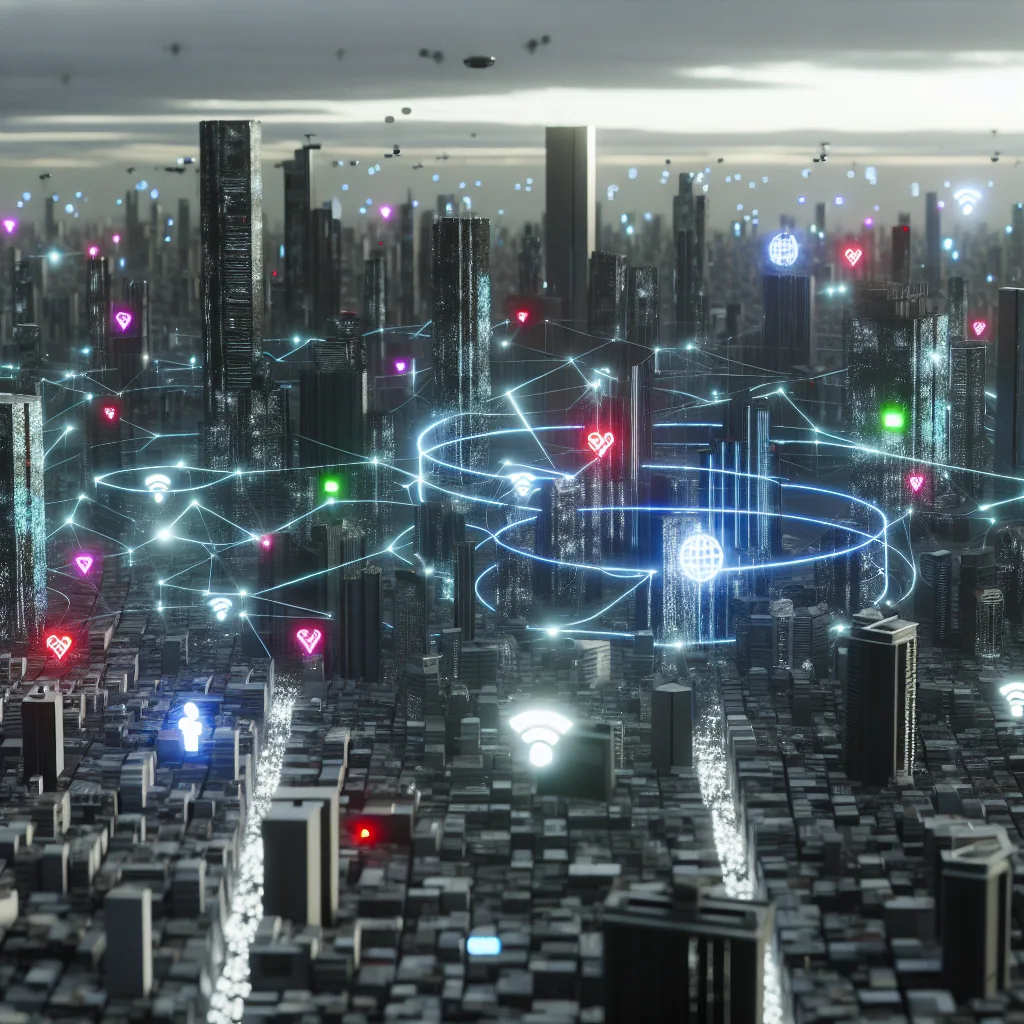Exploring how AI is reshaping crime prevention in Argentina through social media monitoring and predictive technology
If you’ve been following tech and policy news, you might have heard about Argentina’s new move to use AI crime prediction. The government recently launched a special unit dedicated to applying artificial intelligence in security, aiming to analyze social media, real-time camera footage, and even drone surveillance to anticipate criminal activity before it happens. This sounds a lot like science fiction, but it’s very much a current development.
So, what exactly is Argentina doing with AI crime prediction? The government, headed by President Javier Milei, created the Unit of Artificial Intelligence Applied to Security under the Ministry of Security’s umbrella. This team of experts and police officers will scan open social media platforms and websites to spot potential threats or criminal group movements. They’ll also use facial recognition with live camera feeds, inspect suspicious financial behavior, and deploy drones to surveil public spaces.
The most futuristic—and controversial—aspect is the use of machine learning algorithms to predict future crimes. The idea is to analyze historical crime data and detect patterns that might reveal when and where crimes could happen. This concept was famously imagined in Philip K. Dick’s story that inspired the movie Minority Report, where “pre-crime” prevention led to ethical and practical dilemmas. Argentina’s government hopes AI will help respond faster and more efficiently to security threats, but many experts warn this could come at the cost of privacy and civil liberties.
AI Crime Prediction: Balancing Prevention and Privacy
Using AI in crime prediction might seem like a smart way to prevent offenses before they occur, but it raises serious questions. For example, how do you avoid false positives? What happens if the system flags someone who hasn’t done anything wrong yet? Professor Martín Becerra, a media and technology researcher, points out that relying on AI to predict crimes is a field where many experiments have failed. The risk is that innocent people could be surveilled or even accused unjustly.
Digital policy specialist Natalia Zuazo calls this an “illegal intelligence disguised as modern technology,” highlighting the lack of transparency and oversight. Multiple security forces will have access to collected information, raising concerns about how data is handled and protected.
Real-Time Surveillance and Social Media Monitoring
Beyond prediction, the unit will patrol social platforms to identify criminal activity, anticipating disturbances or organized crime movements. Real-time analysis of security cameras using facial recognition technology aims to spot wanted individuals quickly. Drone use for aerial surveillance also adds another layer of monitoring.
While these tools may improve response times to emergencies, the risks tied to privacy are non-negligible. Civil organizations warn that unchecked cyberpatrolling threatens freedom of expression and the right to privacy, especially without clear rules and accountability.
How Other Countries Handle AI in Security
Argentina is not alone in experimenting with AI for crime prevention. Countries like Singapore and France have invested in technology-driven policing, though the context and legal frameworks differ greatly. On the other hand, authoritarian regimes like China use extensive AI surveillance with far less regard for individual rights, a comparison critics caution against for Argentina.
The Center for Studies on Freedom of Expression at the University of Palermo stresses the importance of legality and transparency. They note past misuse of surveillance technology against journalists, activists, and academics, urging careful reflection on deploying such systems.
Looking Ahead: Technology and Trust
The question isn’t just what AI can do for security—it’s what society is willing to accept. Surveillance technologies have the potential to keep us safer, but they can also undermine trust and invade personal freedoms. When governments start predicting crimes before they happen, we enter tricky ethical territory. It’s crucial that these developments come with strict oversight, transparency, and safeguards to protect citizens’ rights.
If you want to dive deeper into AI and crime prevention technologies, check out these resources:
– MIT Technology Review on AI in policing
– The Electronic Frontier Foundation on surveillance concerns
– United Nations report on AI and human rights
Technology might be advancing fast, but conversations about its impact on our lives and freedoms should move just as quickly.
